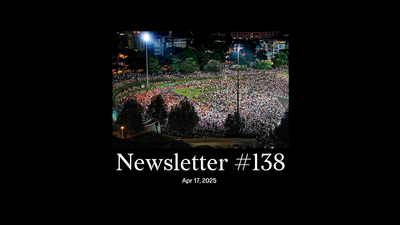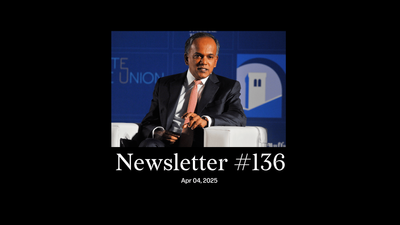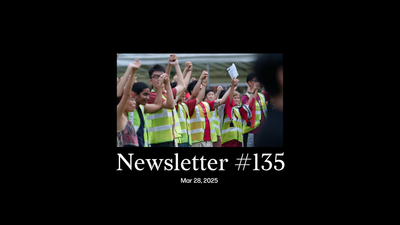Hi all,
Charmaine here. We thought we’d publish a day early, in case folks tune out over the long weekend for some screen-free time.
This week’s essay, written by Toh Ee Ming, with illustrations by Zhou Jiajun, is about renting as a young-ish adult in Singapore. For some, it’s a means to explore a fuller, more independent life, a rejection of arrested development. For others, it is a necessity, with mental health at stake. The broader picture painted is that Singapore is only nascently coming to terms with this idea, its policies still catered towards home ownership. Since independence, Singaporeans have been herded around the purchase of a home as a symbol of our deepening roots, our feet planted on the parquet tiles of the Singapore Dream.
I now live in Berlin most of the year. It’s a city of tenants, somewhat the opposite of Singapore, with about 85 percent of Berliners renting. Berlin is facing a housing crisis of its own, with a severe housing shortage that renders an apartment search like a game of fastest fingers first, and rents rising by almost a third in the last three months, no thanks to war. Berlin has much to confront itself with. Yet because of its long history and relationship with renting, there is some infrastructure I am thankful for: I am part of a tenants’ association, one of many in Berlin, that centres tenants’ rights (words possibly unheard of in Singapore public policy) and offers them the opportunity to negotiate situations like excessive rental increments.
As I write this, the morning sun washes my apartment in a warm glow. It is an Altbau, a German term referring to buildings constructed between the mid-1800s and the 1930s, characterised by its charming wooden floorboards, high ceilings, and poor insulation. Completely empty when my partner and I moved in at the peak of summer, the apartment has come together in a slow mend through the assembly of furniture, the lugging back of secondhand objects, the drilling, the fixing, and the care of growing plants. Setting up a home is a tactile act. Because renters here hold on to a good contract for many years on end, it felt like my equivalent of renovating one’s first flat.
But I’m clearly not writing a housing paper; I’m in no position to do so. I feel the precarity of all sides of the argument in both countries. I’m just a being caught in the winds of impending economic change and the net of policies that do not centre my identities, trying to do the best that I can to live. For artists like myself, it often comes down to being able to shape and develop the practice we had envisioned. Considering how rents are doubling in Singapore, I’m unsure how I would have been able to. I’m sure I’m not alone in this uncertainty; the stories in Ee Ming’s essay are a compelling call to create healthy, secure living spaces for those who want a different kind of Singapore Dream.
Jom hidup,
Charmaine Poh
Head of visual culture and media, Jom
p.s. If you haven’t filled out our survey, here’s your last chance! We’re closing it soon. Help us make Jom better, for you. And yes, we read everything.
If you've enjoyed our newsletter, please scroll to the bottom of this page to sign up to receive them direct in your inbox.






